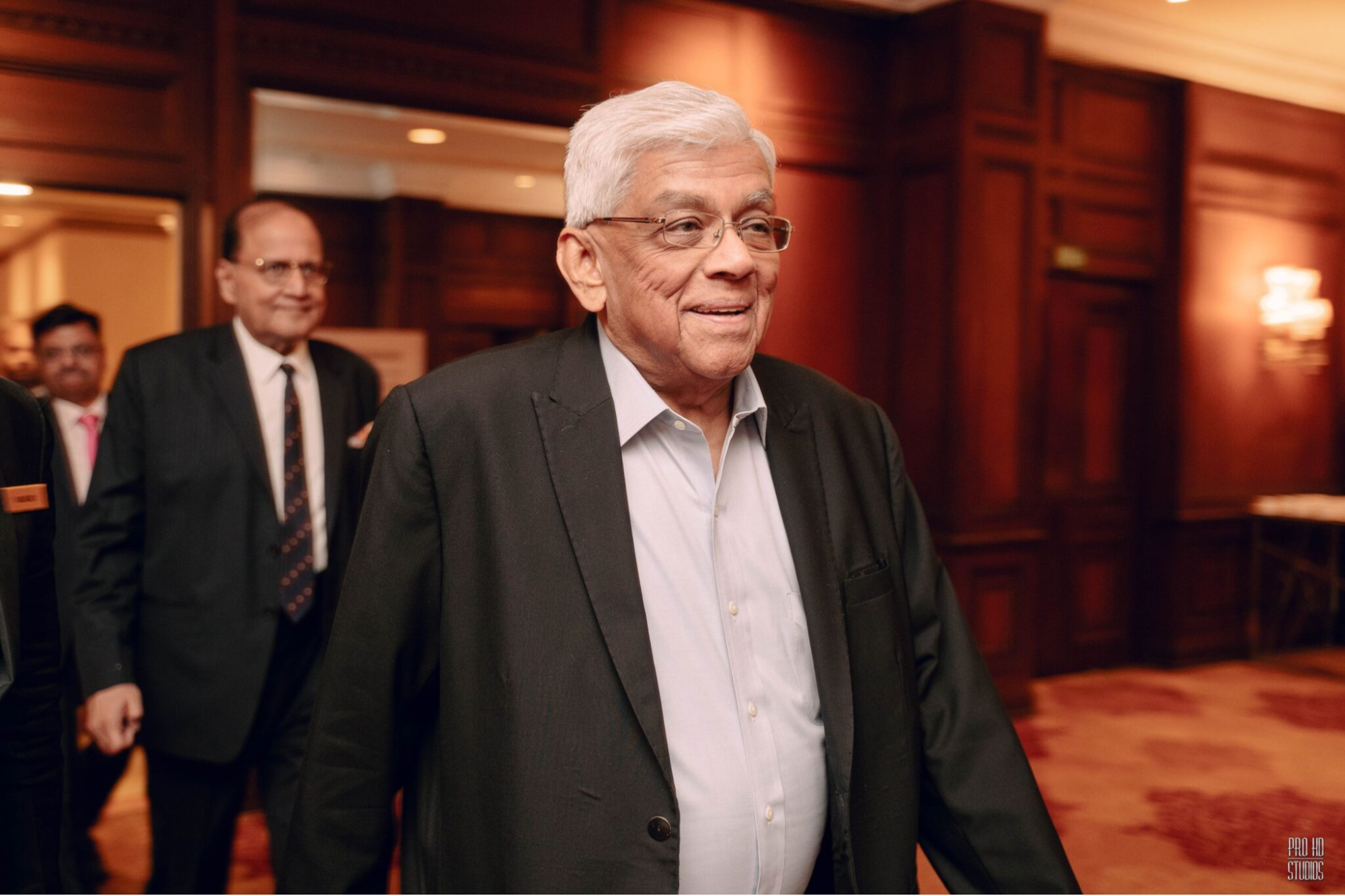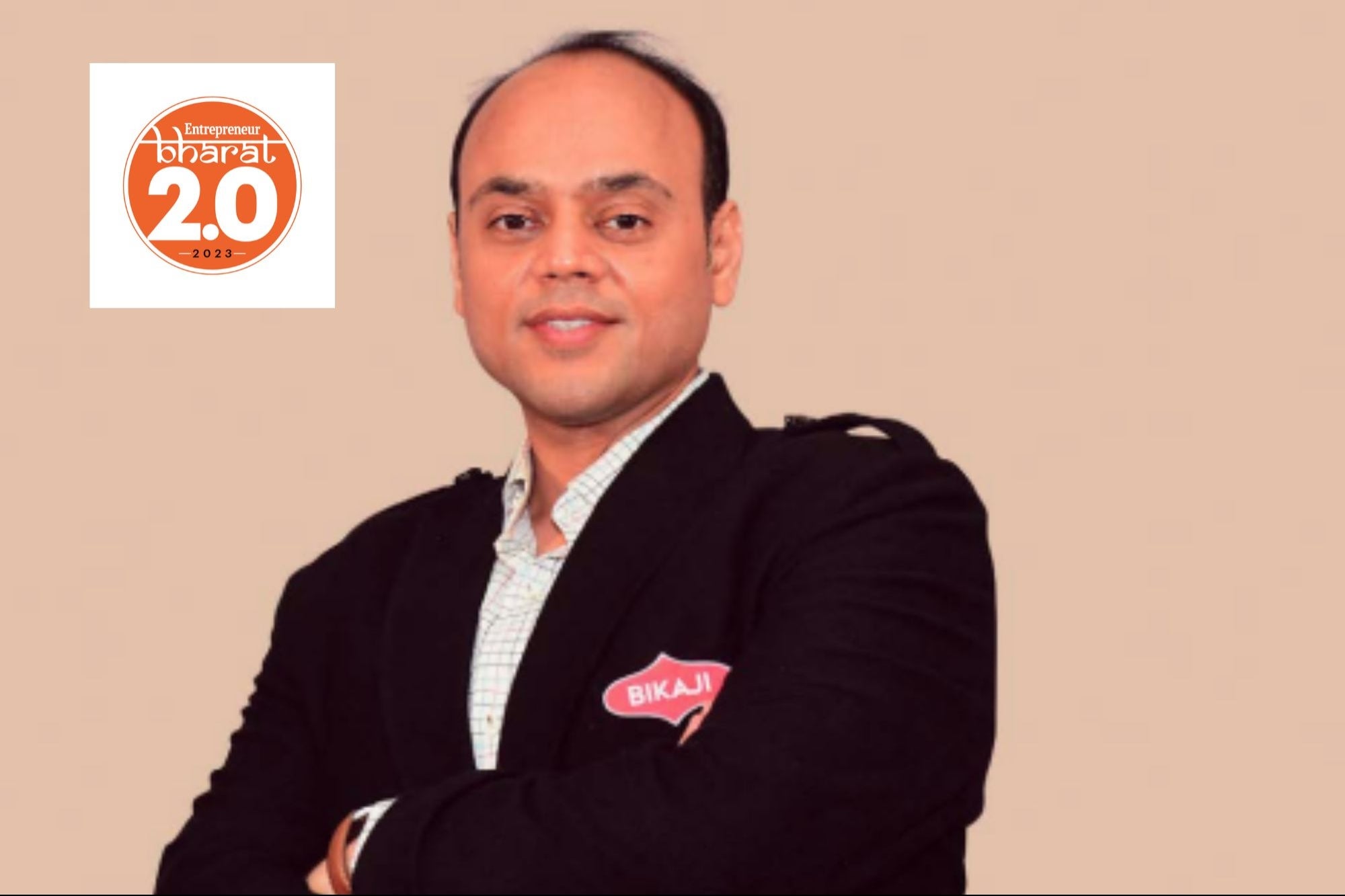的力ed Entrepreneur: 3 Key Decisions by Deepak Parekh that Molded HDFC into What it is TodayIn 1978, Parekh's nephew Deepak Parekh left his comfortable job at Chase Manhattan to join HDFC at a 50 per cent salary cut as a Deputy Manager, and the rest, as they say, is history
Opinions expressed by Entrepreneur contributors are their own.
You're reading Entrepreneur India, an international franchise of Entrepreneur Media.

"It is my time to hang my boots with both anticipation and hope for the future," shared Deepak Parekh in a letter to HDFC Shareholders on Friday. Over the past 46 years, Housing Development Finance Corporation has grown and served exponentially. Founded in 1977 by HT Parekh as a solution that would lend towards home loan financing, HDFC has now diversified its products and services in the form of HDFC Life Insurance Company, HDFC Asset Management Company, HDFC ERGO General Insurance Company, HDFC Property Fund, and HDFC Bank.
In 1978, Parekh's nephew Deepak Parekh left his comfortable job at Chase Manhattan to join HDFC at a 50 per cent salary cut as a Deputy Manager, and the rest, as they say, is history. Deepak Parekh, after serving as the chairman of HDFC for over four decades, will now be stepping down as HDFC and HDFC Bank merge into one, passing the baton to Sashi Jagdishan.
An interesting fact is that inspite of being the founder of HDFC, Parekh never owned a substantial per cent of the company but about a mere 0.04 per cent. Instead, he was on the board of several other companies to put his kids through education.
With a salaried mindset, he built and grew HDFC to a business with over INR 60,000 crore in revenues. Let's take a look at Parekh's leadership and business decisions which turned HDFC into what it is now-
1.A leap of faith with HDFC's diversification- Having the first movers advantage, HDFC was the first specialised mortgage company in India and remained the only housing finance player in the country till the late 1980s. Post that, insurance companies, public-sector banks and a few other private players began setting up housing finance verticals. In its lifetime, HDFC has had eight subsidiaries.
Diversification helped strategic expansion helped HDFC become a comprehensive financial services provider and led to an increase in overall profitability. "We got into banking and insurance at the right time. Asset management, we are a bit slow, we were not the first, we were probably the last, but we did well," shared Deepak Parekh on being asked what he and HDFC did right. He had suggested the bank license to the HDFC board and had received a straight no, "I had to fight with them, argue with them. They said you don't know any banking, I said, we'll hire the right team. Then they insisted on some foreign collaboration."
2.Risk management and crisis control- The risk managing ability of HDFC and HDFC Bank has been remarkable in the market and among its competitors. A loan should be disbursed on the earning capacity, not on the asset value; this is the first principle. "We have probably in the whole industry, we have the tiniest loans against property. Maybe 2 per cent of our portfolio," he shared withBQ. HDFC is known for its prudent risk management practices.
The Indian private sector mortgage lender follows conservative lending practices, meaning it extends credit to borrowers with a strong credit profile and appropriate collateral. It has consistently maintained a low proportion of non-performing assets (NPAs) in its loan portfolio. Furthermore, it emphasises liquidity risk management and holds a strong capital position.
3.Strengthening Relationships- Parekh, time and again, has emphasised and prioritised the value of customer relationships and building long-term partnerships. "An open-door policy – anyone, irrespective of their hierarchy, can meet me. Being approachable is important," is what he describes to be his management style.
The heart of HDFC lies in its approachability and understanding. "Word of mouth was the best advertising for us. We didn't spend lakhs and crores of rupees in advertising even when we started. It was word of mouth that got us more business," Parekh on the power of being accessible and understanding.
In 2017, only 12 out of 51 banks in the country were rates 'high' for complying with Banking Codes and Standards Board of India codes. HDFC was one of the 11 private banks to make the list.













